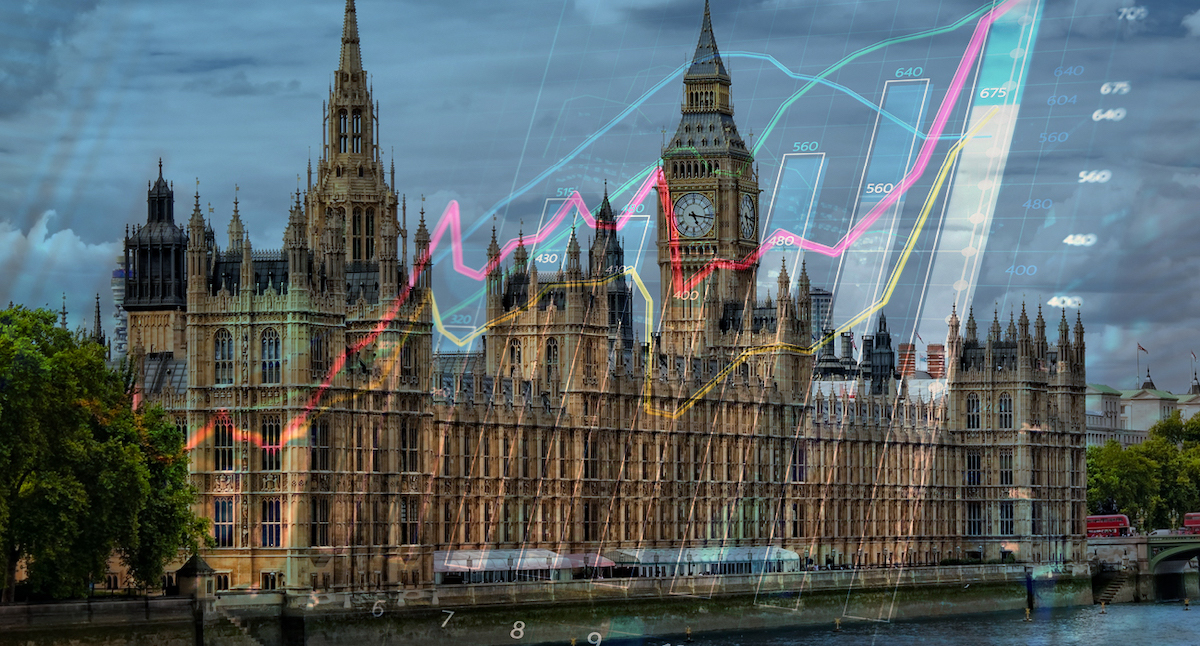Amid rumblings in Westminster of potential budget cuts to important energy policies, there has never been a more important time for the views of businesses to be heard says Anthony Ainsworth, Chief Operating Officer at npower Business Solutions
Since the Labour government came into power, there has been much debate about whether its environmental and economic growth strategies are at odds with each other.
In a speech earlier this year, Chancellor Rachel Reeves described net zero as the ‘industrial opportunity of the 21st century’, and that there would be no ‘trade off’ between economic growth and net zero.
However, since she made that statement, there have been rumours of cuts to the budget for the Department for Energy Security and Net Zero’s (DESNZ) flagship Great British Energy project and ongoing rumblings about whether net zero by 2050 is a viable target.
It should be said we fully support the ambitions outlined in its Clean Power 2030 Action Plan. Although ambitious, switching to cleaner energy sources is absolutely necessary. In addition, net zero by 2050 is non-negotiable, and there are huge commercial, reputational as well as environmental benefits for businesses who embed sustainability into their operations.
The recently published Planning and Infrastructure Bill also pledges to unblock the planning process for major infrastructure projects, such as renewable energy schemes.
However, do these reforms go far enough to support UK businesses and the challenges they are facing right now?
Last year, our Business Energy Tracker asked businesses where they would most value support from the government. Reducing planning red tape was top of this list, so it is great to see steps in a positive direction where this is concerned.
They also called for more grants and tax incentives to help them install measures such as energy efficiency and on-site generation, as well as highlighting the increasing number of non-commodity costs that are having a huge impact on the amount they are paying for their energy.
Using this insight, we then launched our ‘Red Tape Challenge’, asking businesses what energy and net zero policies and regulations they would like to see cut – or at the very least reviewed – to support their sustainability ambitions and give them the confidence for future investments.
Again, planning rules, non commodity costs and grid constraints were high on the list, as well as concerns around the impact of the Review of Electricity Market Arrangements (REMA) and questions around the effectiveness of schemes such as the Energy Savings Opportunity Scheme (ESOS).
We have written a letter and recorded a video for Sarah Jones, Minister of State at both DESNZ and the Department for Business and Trade, outlining the results from our research, and urging her and her colleagues to listen to what businesses have to say.
2025 will be a year when major change needs to happen if the Clean Power 2030 target and wider net zero by 2050 ambition are to be met. Businesses will play an important role in both of these, particularly when it comes to low carbon investments.
So, while a clean power system and net zero driven economy that encourages greater private sector investment will be crucial in the important years ahead, in the short term, businesses desperately need policy clarity and simplification.




